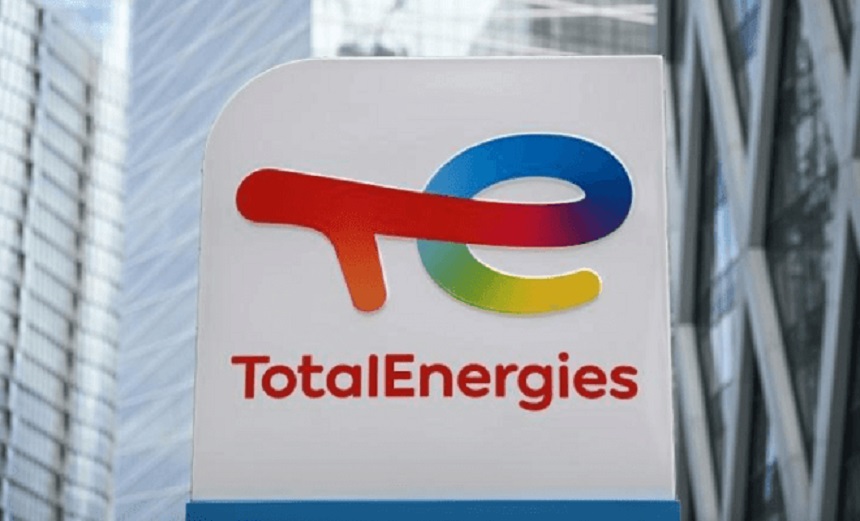
By Ndem Nkem
Money makes the world go round! You are made to realize how authentic the cliché phrase actually is after you have graduated from college or university, forced to join the labour markets and stroll the boulevards of Nigeria’s challenging economy.
On the bright side, you are finally entering the early stages of your career and you are getting paid for your time rather than paying for classes, but then, there is also the false sense of mega wealth that comes with the new income, making it super difficult to manage spending.
At Jumia Travel, we love young professionals and we are huge proponents of careful spending, so… if you have just graduated and are having a hard time getting your financial act together, we offer five simple ways you can effectively manage spending and excel financially as a young professional
Set savings goals
It is common for young people in Nigeria to spend everything and save nothing, either because they are making very little or they are living above their means. While living paycheck to paycheck may work out well for a while, at some point, it will become essential to create stability in your financial life. The stability can only be created by setting saving goals and actually following them through. Starting a solid savings account or scheme will not only help you weather inevitable tough periods, such as layoffs, but also move toward longer-term dreams, such as starting your own business. If you, however, are a bit unsure on how to start saving, you can start with putting away one-third of your income in a savings account. While putting N1,000 out of every N3,000 you earn into the bank might sound like a lot and it is, it’s the only way to get closer to that ultimate goal of financial security.
Opt for less expensive entertainment options
You are young. Of course, you like to hit the bars after work, go out for lunches and basically have fun… usually, the best kind of fun. While it is okay to let yourself enjoy bouts of fun time, it is important that you keep yourself in check and track your spending. If eventually you realize that you are spending the bulk of your monthly income on entertainment, it might be time to cut back a little. For instance, instead of going out to club and lounges for drinks with friends, maybe consider having happy hour at your place.
Always go for Quality rather than Quantity
When buying the things you need, whether clothes, shoes, cosmetics e.t.c, it is important you take your time to research so that you end up purchasing quality. Quality items tend to be a bit pricey; however, they are an investment rather than liability as they are built to last. Cheaper items may seem cost effective and alluring as a lot is offered for less, but they mostly tend to get ruined quicker than you imagine and you have to spend money fixing them or getting a new one. Basically, it takes discipline, patience and a practiced eye but it is a habit you can attain with time.
Don’t be stingy with career-related investments
A majority of young professionals tend to look the other way when presented with opportunities that may improve their status, advance their careers and eventually their earning power, especially when those opportunities would cost them a lot of money. While it may not seem like the shrewd thing to do, one area where it is okay to be a spendaholic is when it comes to investing in your career. Even if it is as “unnecessary” as hiring a maid service so that you can use the extra time it creates to work on your business or website, do it; you would literally be sacrificing to secure an upgraded future.
Date wisely
This may seem far-fetched, but young people love the dating game. Unfortunately, a number of young professionals crumble financially due to the wrong choices they make when choosing a partner. While passion, love and romance is important, it is important you choose someone whose values match your own and not just where money is concerned, but also ethical and moral values. If you must commit yourself financially, ensure you give only what you can let go and not something that can derail your financial goals. Basically, learn to make decisions with your heart, along with your head.
Nkem Ndem is a PR Associate at Jumia Travel.



















